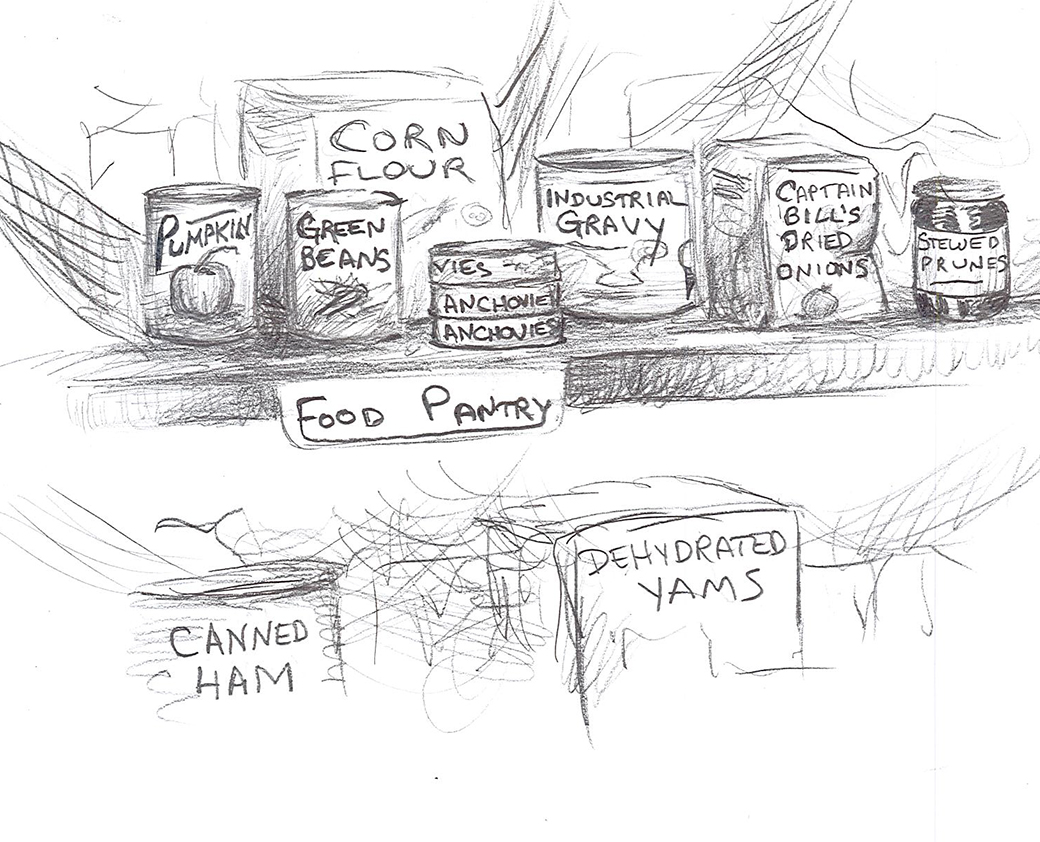
Student organizations should be genuine, purposeful in volunteer efforts
USD has many student organizations that volunteer. And while all philanthropy is valuable, it is imperative that it’s being done for the right reasons.
This topic came up last month at an environmental justice primer held in Sioux Falls, which was attended by USD students and faculty.
Lamont Sellers, associate vice president for diversity, discussed that in order to volunteer effectively, people need to recognize their inherent privilege.
Gender, sexuality, race and income all carry their own privileges. They also drastically affect how one views the world. Therefore, it’s necessary for volunteers to know themselves and be aware of how their views may differ from the people they’re trying to help.
Volunteers need to be cognizant of how their privilege plays a role in volunteering. Understanding the problem that needs solving is one of the first steps. Is the organization looking at the situation from all perspectives? Are the people that are being affected by the organization’s mission being included in the conversation?
Many students on campus are involved in multiple organizations that donate time and money to a cause. But how effective are these efforts? Is a bunch of unwanted or unhealthy food that’s donated to the food pantry when students run out of Flex all that helpful?
Students on campus are involved in a variety of good causes, including blood drives, Dakotathon and volunteering at the Vermillion Food Pantry, just to name a few. But do students actually know where their blood goes? Or what types of food are truly needed at the food pantry?
Volunteers need to make sure they’re working to affect change, not just volunteering for the sake of volunteering, merely meeting a requirement or to feel good about themselves.
Student organizations need to continually evaluate their work, as well as maintain an open dialogue the people they’re helping.
“Because our privilege says, ‘Well this is what I think you need so this is what I’m going to give you,’” Sellers said in another Volante story (see Page B1). “But when we put our privilege aside, we actually partner with them and say, ‘Okay, well let me hear what it is that you actually in need of, let me hear what it is that I can help you with.’”
It’s great to be a part of a student organization that’s active in its community, but being part of a collaborative, purposeful cause is even better.
In order to be effective, USD organizations need to evaluate their philanthropic efforts. Are students helping in the best way possible? Have they talked to who they are helping? Is this about them, or is it a partnership?
Students already make a big impact on campus and in the community, but if it’s possible to do better through an intentional purpose, then what’s stopping us?
